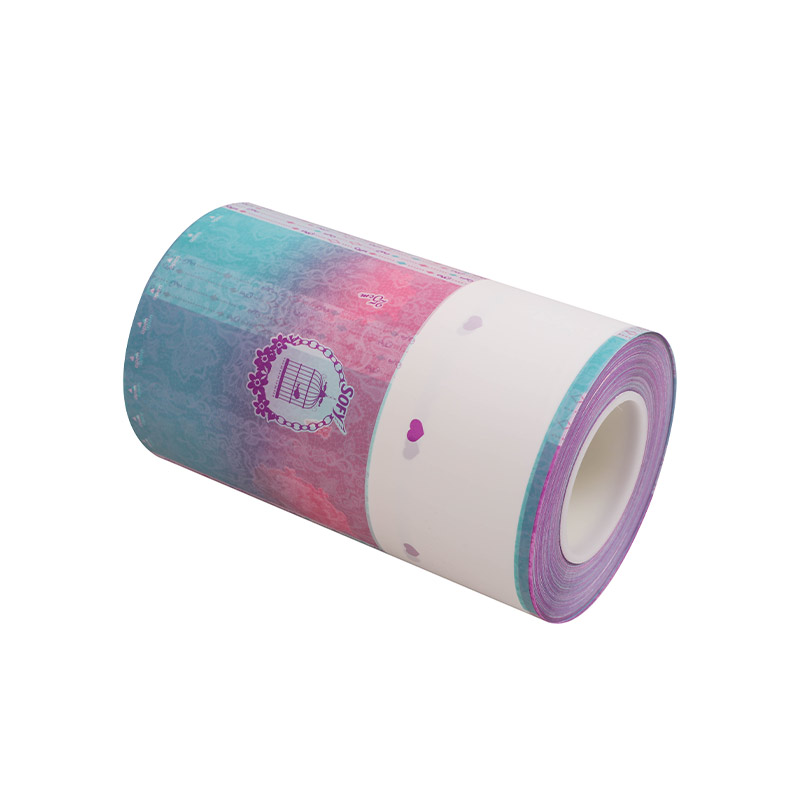
Oct . 15, 2024 04:38 Back to list
Discover the Top Organic Fertilizers for Your Garden's Health and Growth Needs
Buying the Best Organic Fertilizer A Comprehensive Guide
In recent years, there has been a significant shift towards organic gardening and farming as more people seek environmentally friendly alternatives to chemical fertilizers. The benefits of organic fertilizers are numerous, including improved soil health, reduced environmental impact, and increased biodiversity. If you're looking to boost your garden's health with organic options, this article will guide you through selecting the best organic fertilizer for your needs.
Understanding Organic Fertilizer
Organic fertilizers are derived from natural sources such as plant matter, animal waste, and minerals. Unlike synthetic fertilizers, which are made from chemical processes, organic options enrich the soil and improve its structure, leading to healthier plants. Common types of organic fertilizers include compost, manure, bone meal, blood meal, and seaweed extracts.
Why Choose Organic Fertilizers?
1. Soil Health Organic fertilizers help to build healthy soil structure by promoting beneficial microbial activity. This leads to improved nutrient retention and better water absorption.
2. Environmental Sustainability By using organic fertilizers, you reduce chemical runoff into waterways, minimizing pollution and harmful effects on local ecosystems.
3. Enhanced Nutrient Availability Organic fertilizers release nutrients slowly, providing a steady supply to plants over time, which is essential for long-term growth.
4. Improved Plant Health Plants grown with organic fertilizers tend to be more resilient to pests and diseases, thanks to the natural compounds and nutrients that support their growth.
Choosing the Right Organic Fertilizer
When looking to buy the best organic fertilizer, consider the following factors
1. Nutrient Composition Organic fertilizers contain varying levels of essential nutrients, primarily nitrogen (N), phosphorus (P), and potassium (K). Always check the packaging for the nutrient ratio, which is usually indicated as N-P-K. Different plants have different nutrient requirements, so select a fertilizer that matches your plants' needs.
2. Application Method Organic fertilizers come in various forms, including granular, liquid, and slow-release. Granular fertilizers are easy to apply and provide long-term nutrient release, while liquid options can offer a quick boost. Choose a method that fits your gardening style and needs.
buy best fertilizer organic

3. Source of Ingredients Look for fertilizers made from high-quality, sustainable sources. If possible, opt for locally sourced products to reduce your carbon footprint and support local businesses.
4. Certifications Certifications like OMRI (Organic Materials Review Institute) or USDA Organic can help you determine the quality and compliance of organic fertilizers. These certifications ensure that the products meet specific organic standards.
5. Brand Reputation Research brands that specialize in organic gardening products. Reading customer reviews and testimonials can provide insight into the effectiveness and reliability of a particular fertilizer.
Popular Organic Fertilizers to Consider
1. Compost Homemade or store-bought compost is one of the best organic fertilizers. It enriches the soil with a diverse range of nutrients and improves soil structure.
2. Manure Well-aged animal manure, such as cow or chicken manure, is rich in nutrients but should always be composted before use to prevent burning plants and reduce pathogens.
3. Bone Meal This is an excellent source of phosphorus, crucial for root development and flowering.
4. Blood Meal A nitrogen-rich byproduct of the meat industry, blood meal is ideal for promoting lush green growth.
5. Fish Emulsion A liquid fertilizer high in nitrogen and trace elements, fish emulsion is great for accelerating growth in vegetables and flowering plants.
Applying Organic Fertilizers Effectively
To achieve the best results, follow these tips
- Read and follow the instructions on the product label for application rates and timing. - Incorporate fertilizers into the soil to maximize nutrient availability. - Monitor your plants closely for signs of nutrient deficiency or excess and adjust your approach accordingly.
In conclusion, buying the best organic fertilizer is an essential step for any gardener or farmer committed to sustainable practices. By understanding your plants' needs and selecting the right organic options, you can foster a thriving garden that benefits both you and the planet. Happy gardening!
-
10-10-10 Organic Fertilizer - Balanced NPK Formula
NewsAug.02,2025
-
Premium Organic Manure Compost for Eco Gardens
NewsAug.01,2025
-
Organic 10-10-10 Fertilizer | Balanced Plant Nutrients
NewsJul.31,2025
-
Premium Amino Acid Fertilizer | Rapid Plant Growth Booster
NewsJul.31,2025
-
10 10 10 Fertilizer Organic—Balanced NPK for All Plants
NewsJul.30,2025
-
Premium 10 10 10 Fertilizer Organic for Balanced Plant Growth
NewsJul.29,2025
